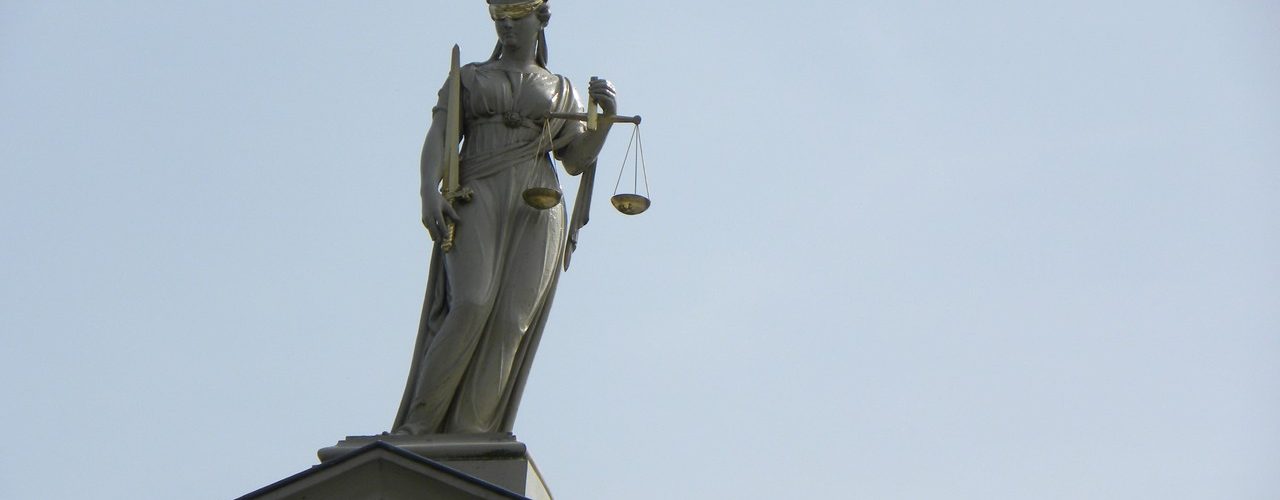On October 10, 2013, the ECJ issues its decision in the case C-622/11 (Pactor Vastgoed).
Context: Sixth VAT Directive – Articles 13C and 20 – Supply of immovable property – Right to opt for taxation – Right to deduction – Adjustment of deductions – Recovery of sums due following adjustment of a VAT deduction – Taxable person liable for payment – Taxable person other than the person who initially applied the deduction and who is extraneous to the taxed transaction which gave rise to the deduction
Article in the EU VAT Directive
Articles 13C and 20 of the 6th VAT Directive (Articles 137, 184 and 185 of the EU VAT Directive 2006/112/EC).
Article 137 (Exemption for other activities)
1. Member States may allow taxable persons a right of option for taxation in respect of the following transactions:
(a) the financial transactions referred to in points (b) to (g) of Article 135(1);
(b) the supply of a building or of parts thereof, and of the land on which the building stands, other than the supply referred to in point (a) of Article 12(1);
(c) the supply of land which has not been built on other than the supply of building land referred to in point (b) of Article 12(1);
(d) the leasing or letting of immovable property.
2. Member States shall lay down the detailed rules governing exercise of the option under paragraph 1.
Member States may restrict the scope of that right of option.
Article 184 (Adjustment of deductions)
The initial deduction shall be adjusted where it is higher or lower than that to which the taxable person was entitled.
Article 185
1. Adjustment shall, in particular, be made where, after the VAT return is made, some change occurs in the factors used to determine the amount to be deducted, for example where purchases are cancelled or price reductions are obtained.
2. By way of derogation from paragraph 1, no adjustment shall be made in the case of transactions remaining totally or partially unpaid or in the case of destruction, loss or theft of property duly proved or confirmed, or in the case of goods reserved for the purpose of making gifts of small value or of giving samples, as referred to in Article 16.
However, in the case of transactions remaining totally or partially unpaid or in the case of theft, Member States may require adjustment to be made.
Facts
- On 5 January 2000, an undertaking (‘the supplier’) delivered an immovable property to Pactor Vastgoed, who, in agreement with the supplier, opted, on the basis of Article 11(1)(a)(2) of the 1968 Law, for taxation of that supply.
- That supplier had acquired that property several years previously, also opting for taxation of that acquisition. It had therefore deducted the VAT charged to it.
- With effect from April 2000, Pactor Vastgoed leased that property. That transaction was exempt from VAT.
- Pactor Vastgoed subsequently sold that property and supplied it at the beginning of the month of July 2000. That supply was exempt from VAT.
- Taking the view that the supply made to Pactor Vastgoed did not satisfy the conditions referred to in Article 11(1)(a)(2) of the 1968 Law and that, consequently, that delivery should have been exempted from VAT, the Netherlands tax authorities, pursuant to Article 12a of that law, issued a notice of additional assessment in respect of VAT to that company for the period from 1 January to 31 December 2000, for an amount corresponding to the amount due following adjustment of the VAT deduction applied by the supplier on the occasion of the acquisition of the immovable property subsequently supplied to Pactor Vastgoed.
- Pactor Vastgoed lodged an objection against that additional assessment.
- Following the rejection of that objection, Pactor Vastgoed brought an action before the Rechtbank te ’s-Gravenhage (District Court, The Hague) against that rejection decision.
- As that action was also dismissed, Pactor Vastgoed lodged an appeal against the decision of the Rechtbank te ’s-Gravenhage before the Gerechtshof te ’s-Gravenhage (Regional Court of Appeal, The Hague), which set aside that judgment together with the additional assessment issued to that company.
- The Staatssecretaris van Financiën brought an appeal on a point of law before the referring court against the judgment of the Gerechtshof te ’s-Gravenhage.
Questions
Does the Sixth Directive allow, in the event that the VAT initially deducted in accordance with Article 20 of that directive is adjusted in such a way that the amount of the deduction must be reimbursed in full or in part, that amount to be charged to a person other than the taxable person who applied the deduction in the past, in particular – as is the case when Article 12a of the [1968 Law] is applied – to a person to whom a property has been supplied by that taxable person?
AG Opinion
Sixth Council Directive 77/388/EEC of 17 May 1977 on the harmonisation of the laws of the Member States relating to turnover taxes — Common system of value added tax: uniform basis of assessment, which was applicable at the time of the facts in the main proceedings does not, in the event that the value added tax initially deducted in accordance with Article 20 of that directive is adjusted in such a way that the amount of the deduction must be reimbursed in full or in part, allow that amount to be charged to a person other than the taxable person who previously applied the deduction, particularly the person to whom a property has been supplied by the taxable person and who is extraneous to the transaction concerned.
Decision
Sixth Council Directive 77/388/EEC of 17 May 1977 on the harmonisation of the laws of the Member States relating to turnover taxes – Common system of value added tax: uniform basis of assessment, as amended by Council Directive 95/7/EC of 10 April 1995, must be interpreted as precluding the recovery of amounts due following the adjustment of a value added tax deduction from a taxable person other than the person who applied that deduction.
Summary
The Sixth Directive precludes the collection of amounts due after an adjustment of a VAT deduction from a taxable person other than the one who made the deduction.
Source:
Similar ECJ cases
How did countries implement the case? Your feedback appreciated! Let us know
Newsletters
Join the Linkedin Group on ECJ VAT Cases, click HERE















